How NABH Accreditation Improves Hospital Operations
NABH (National Accreditation Board for Hospitals & Healthcare Providers) accreditation is a gold standard for healthcare organizations in India, helping hospitals meet stringent national and international benchmarks in quality and patient safety. More than just a badge of honor, NABH accreditation has a transformative impact on the way hospitals operate, leading to increased efficiency, improved patient care, and overall operational excellence. In this blog, we will explore how NABH accreditation improves hospital operations and why it is a vital investment for healthcare institutions.

1. Standardization of Processes
One of the primary ways NABH accreditation improves hospital operations is by enforcing standardized processes across all departments. NABH guidelines cover everything from patient admission and discharge to infection control, medication management, and emergency response. By adhering to these strict protocols, hospitals can streamline their day-to-day operations, reduce variability, and ensure that every patient receives the same high level of care.
For example, standardized operating procedures (SOPs) ensure that all staff follow best practices for hand hygiene, sterile procedures, and equipment handling, reducing the risk of infections. Moreover, the standardization of administrative processes ensures a smooth flow of operations, minimizing delays in patient care and improving the overall experience.
2. Improved Patient Safety and Quality of Care
NABH accreditation puts a strong emphasis on patient safety and quality care, which directly impacts hospital operations. Hospitals are required to implement comprehensive safety measures, from infection control protocols to regular equipment checks. This reduces the likelihood of medical errors, infections, and other preventable complications.
The accreditation also focuses on the training and competency of staff. Regular audits and assessments ensure that healthcare professionals are up-to-date with the latest medical knowledge and protocols, thereby increasing the quality of care delivered to patients. This continuous improvement of staff capabilities contributes to operational excellence by ensuring that all personnel work efficiently and effectively.
3. Enhanced Efficiency in Resource Management
Resource management is crucial to hospital operations, and NABH accreditation helps hospitals use their resources more efficiently. For instance, hospitals are required to maintain an inventory of medications, equipment, and supplies, ensuring that these are always available when needed. The focus on resource management reduces wastage, improves the availability of critical items, and ensures that hospital operations are not disrupted by supply shortages.
In addition, NABH emphasizes the need for hospitals to implement a robust information management system. These systems allow for better coordination between departments, more accurate record-keeping, and faster access to patient information, further improving operational efficiency.
4. Better Patient Satisfaction and Trust
A key component of NABH accreditation is the emphasis on patient rights and satisfaction. Hospitals are required to implement a system for capturing patient feedback and addressing complaints promptly. By consistently monitoring patient experiences and making necessary improvements, hospitals can boost patient satisfaction and build trust.
When hospitals demonstrate their commitment to meeting NABH standards, it reassures patients that they are receiving care in a safe and reliable environment. This enhances the hospital’s reputation and encourages more patients to seek care at accredited facilities, increasing both patient inflow and operational efficiency.
5. Regulatory Compliance and Legal Safeguards
NABH accreditation also ensures that hospitals are compliant with various regulatory standards, both national and international. This reduces the risk of legal issues and ensures that hospitals are prepared for audits and inspections. Compliance with NABH standards ensures that hospitals maintain documentation, adhere to medical ethics, and follow protocols for patient privacy, all of which safeguard the hospital from potential legal risks.
By establishing clear protocols for managing adverse events and ensuring transparency in operations, NABH accreditation helps hospitals mitigate risks, handle patient grievances efficiently, and maintain a strong legal and ethical standing.
6. Continuous Improvement and Innovation
NABH accreditation is not a one-time achievement; it requires continuous quality improvement. Hospitals are expected to regularly audit their processes, identify areas for improvement, and adopt innovative solutions to enhance their services. This creates a culture of continuous improvement within the hospital, encouraging staff to stay proactive in finding ways to improve both patient care and operational processes.
Hospitals that commit to the continuous quality improvement philosophy encouraged by NABH accreditation can adapt more quickly to changes in healthcare trends, adopt new technologies, and continuously refine their operations to deliver better outcomes.
Conclusion
NABH accreditation is much more than a quality certification—it’s a comprehensive framework for operational excellence in hospitals. From standardizing processes and improving patient safety to enhancing resource management and boosting patient satisfaction, the impact of NABH accreditation is profound. Hospitals that pursue and maintain this accreditation not only improve their daily operations but also position themselves as leaders in delivering quality healthcare.


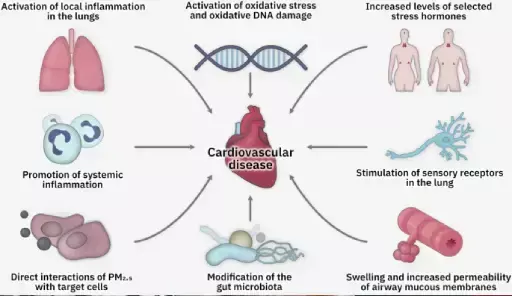


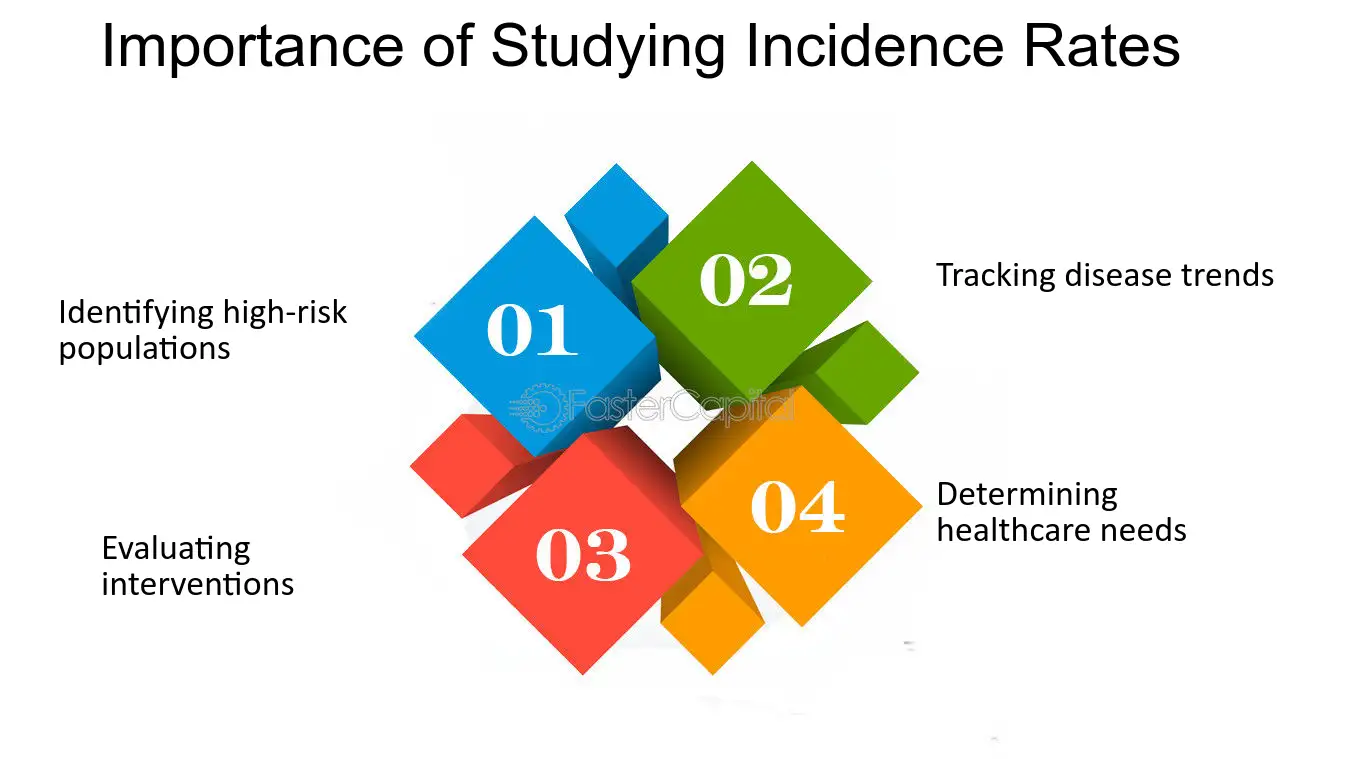
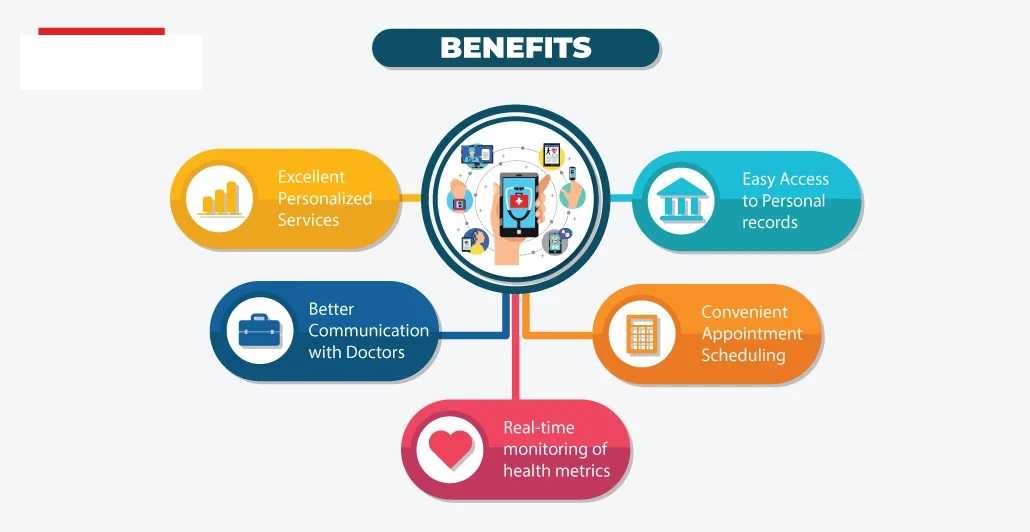
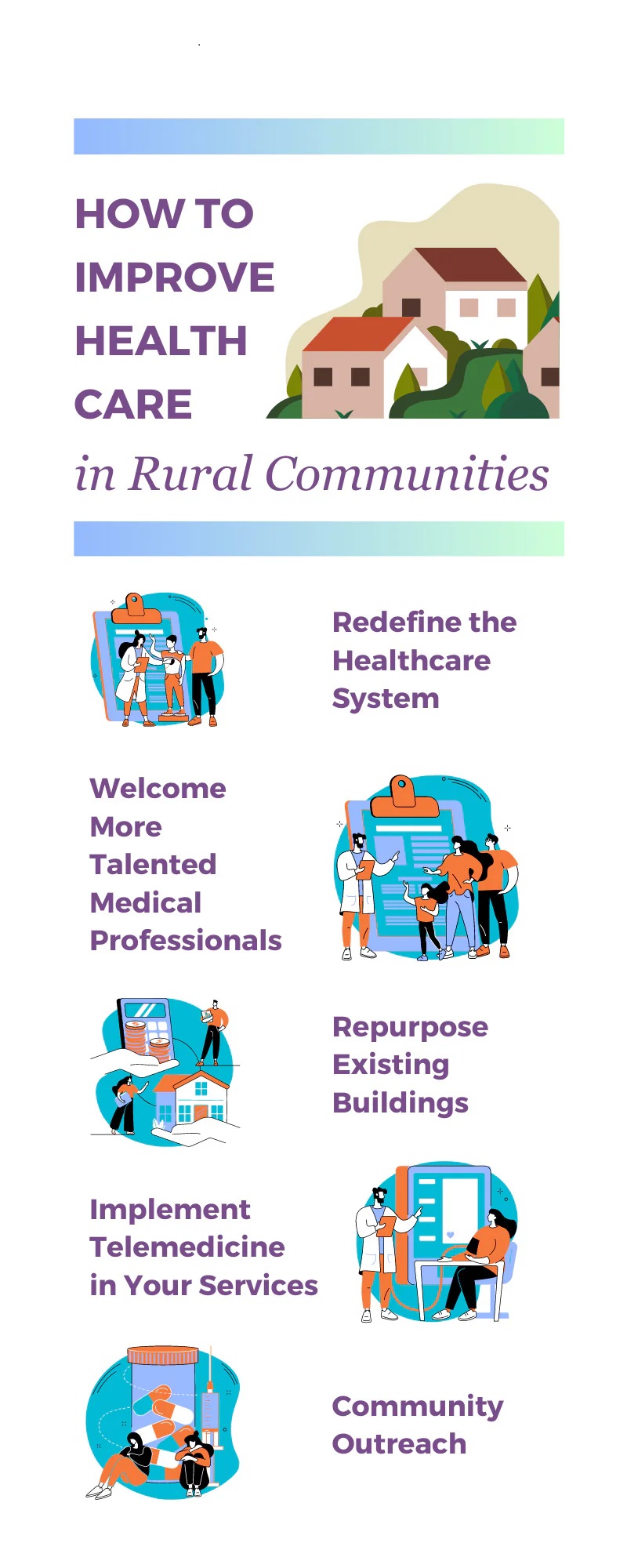


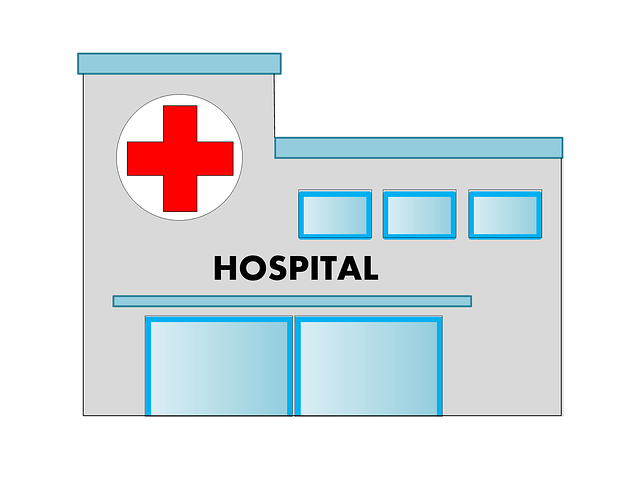



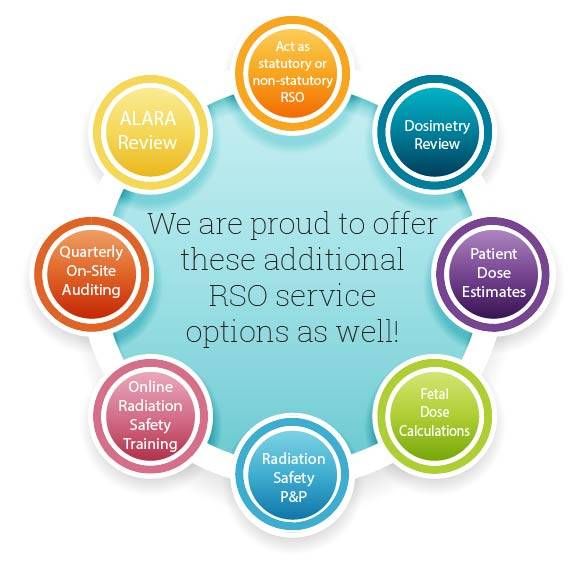
Leave a Reply